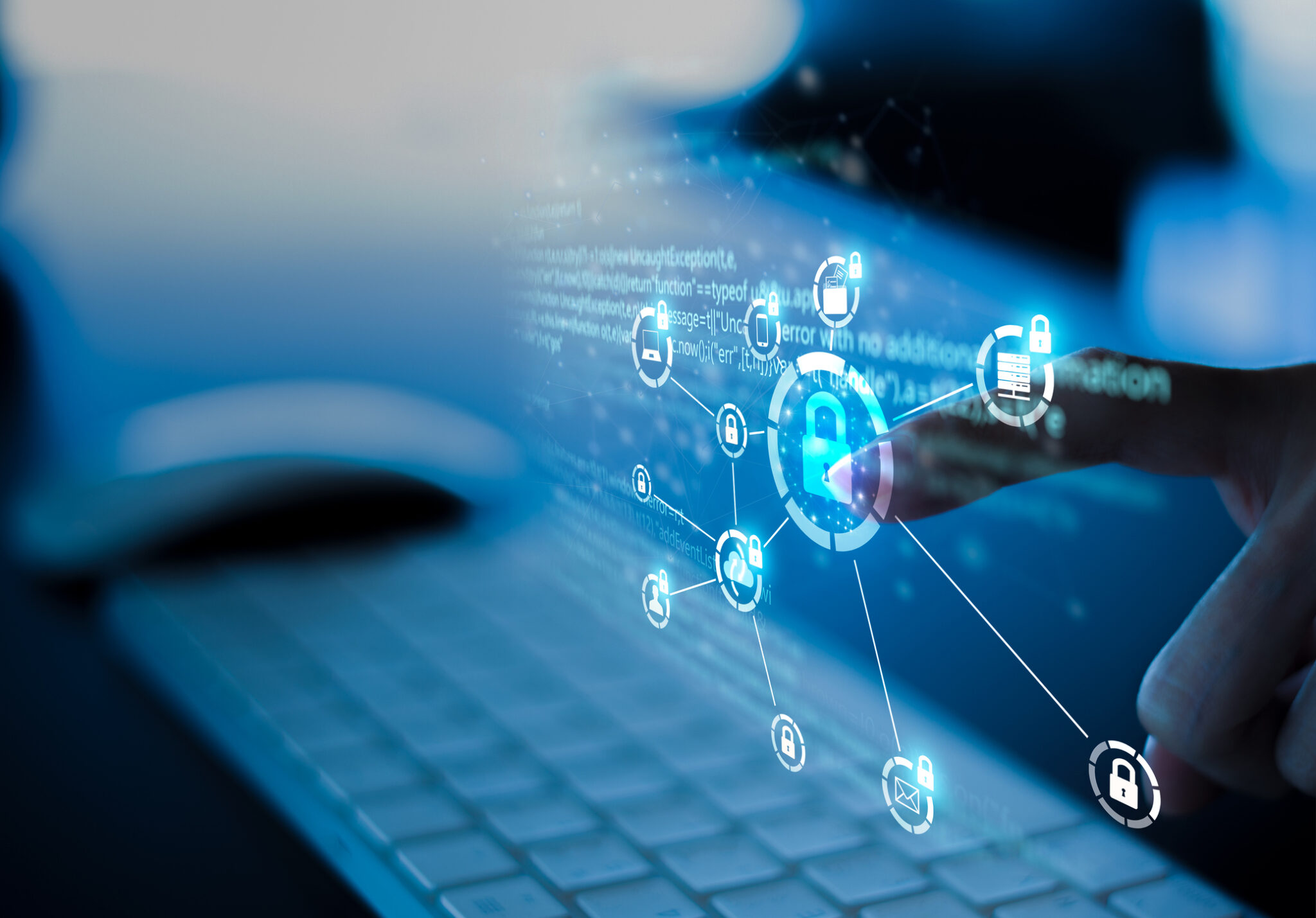Cyber-attacks are becoming more common and complex as our online networks grow. Such attacks are
usually aimed at accessing, changing, or destroying sensitive information.
To keep your private data from falling into the hands of cybercriminals, it’s important to be aware of
the scams they utilize.
Phishing, a common type of cyber-attack, involves scammers sending fraudulent emails that resemble
emails from reputable sources. Their goal is to steal data such as credit card numbers or other personal
information.
Malware allows cybercriminals to gain unauthorized access to your data or cause damage to your
computer. Computer viruses are types of malware.
Ransomware will block access to your computer system or certain files until you pay a ransom. Of
course, paying the ransom does not guarantee access will be recovered.
Social engineering encompasses a variety of tactics used to trick you into revealing confidential
information. Scammers may use emails, texts, phone calls, or social media to try to solicit money or gain
access to data. Urgent requests to click links, download attachments, or share confidential information
are hallmarks of social engineering.
Here are a few tips to help you keep personal and business information safe against cyber-attacks:
– Always be careful of what you download and where you click. Malware and viruses can be easily
disguised.
– Keep privacy settings on and check default settings to ensure that sufficient protections are
enabled.
– If you receive an unexpected email, text message, or social media friend request that seems odd
or unusual—even if it looks like it came from someone you know—verify its legitimacy with the
person who supposedly sent it and avoid clicking any links in it.
– If you are at all suspicious of the source or the site, don’t click on it.
– Choose strong passwords. Make them unique and complex with a mix of letters, numbers, and
special characters. Never share your passwords, and update them periodically.
– Be cautious when connecting to public wifi or using public computers. Don’t access sensitive
information, such as credit card information.
– Never leave devices unattended.
– Install and maintain anti-virus protection.
– Back up your data on a regular basis.
Remember—a quick click now might cause a lot of headaches later! So always err on the side of caution
online.